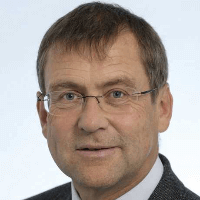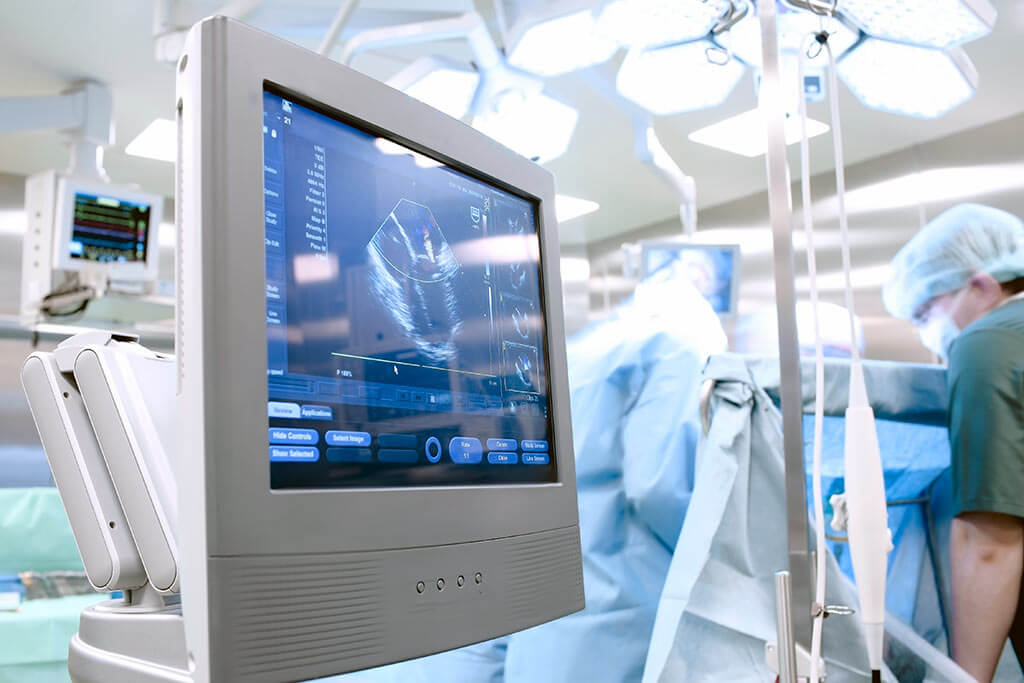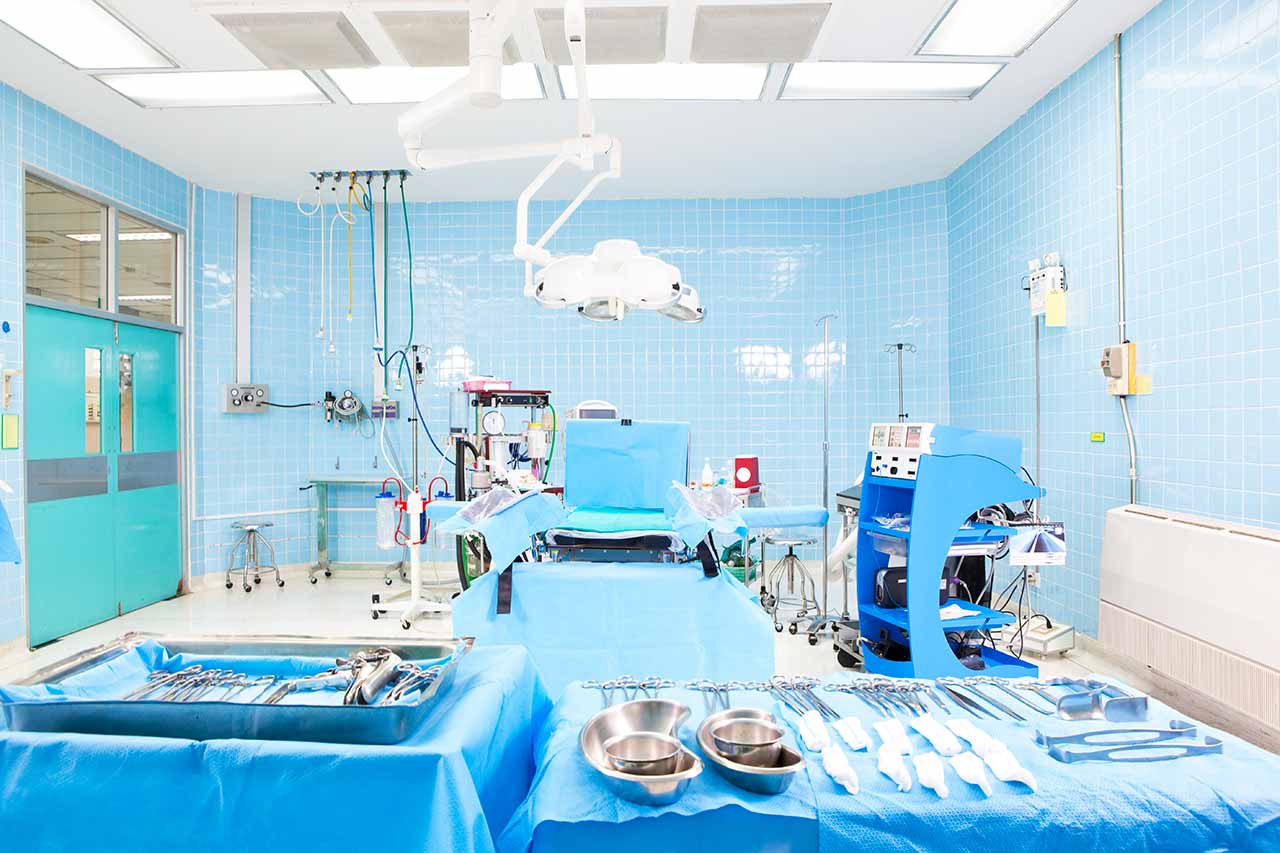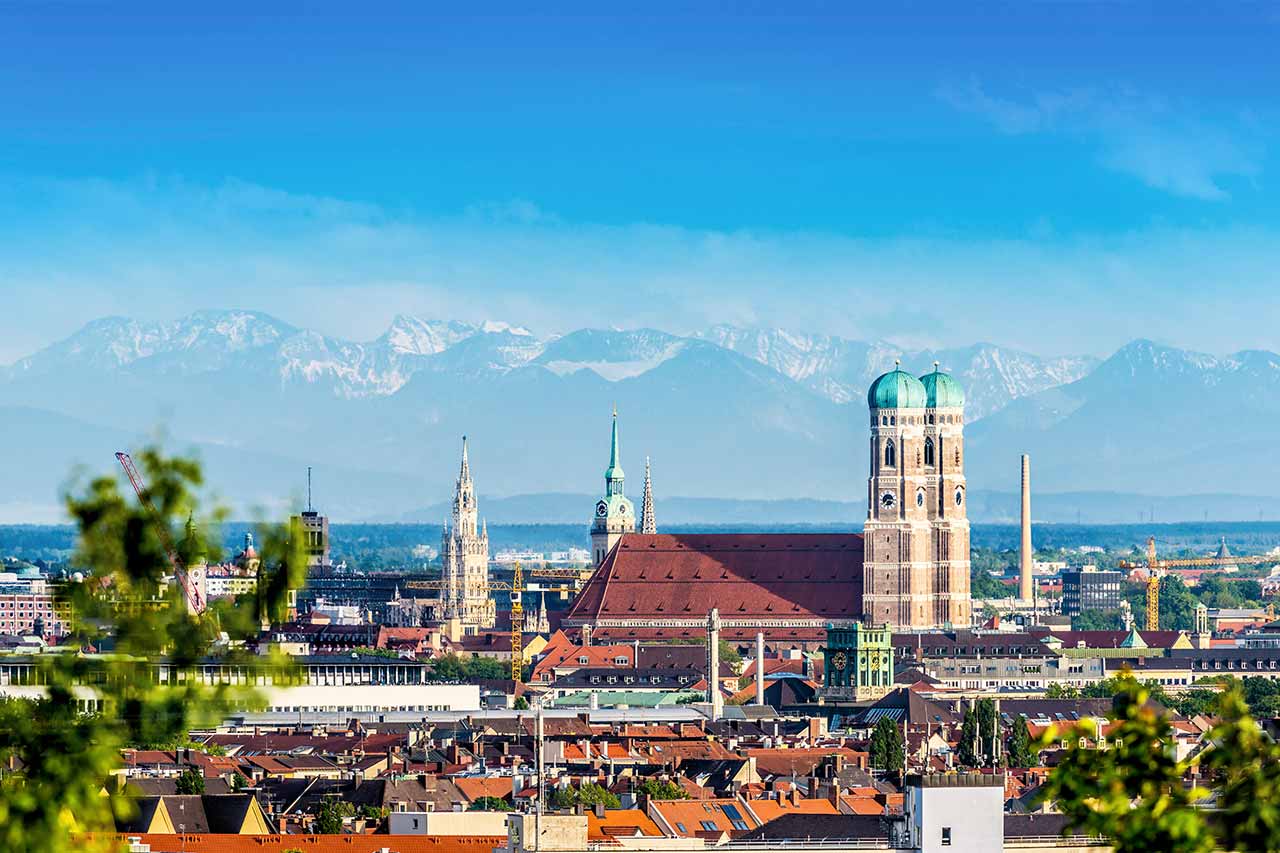
About the Department of Neurology at Hospital Harlaching Munich
The Department of Neurology at the Hospital Harlaching Munich offers the full range of medical services in the field of diagnostics and treatment of diseases of the brain and spinal cord, nerves and muscles. The primary focus in the clinical practice is on the treatment of stroke, multiple sclerosis, meningitis, encephalitis, dizziness, dementia, Parkinson's disease and other movement disorders, inflammatory lesions of the nerve roots, diseases of the peripheral nerves and traumatic injuries of the nervous system. To provide high-quality medical care to stroke patients, the department has a specialized Stroke Unit certified in accordance with the requirements of the German Stroke Society and the German Stroke Foundation. The department's specialists also provide early neurological rehabilitation for the patients with severe lesions of the nervous system. The Chief Physician of the department is Prof. Dr. med. Roman Haberl.
The doctors of the medical facility annually admit about 2,500 inpatients and more than 1,200 outpatients. The department has 80 beds for patient hospitalization. The patients' health is in the safe hands of the competent medical team consisting of neurologists, neuropsychologists, speech therapists, physiotherapists, occupational therapists and specially trained nursing staff. The vast clinical experience of the department's doctors allows them to provide both accurate diagnostics and effective treatment of even the most complex neurological disorders.
The most important focus of the department's clinical practice is the provision of medical care to patients with stroke. The department treats about 1,300 patients with this pathology every year, so neurologists have a rich and unique experience. Stroke requires urgent medical care, since delay can lead to irreversible lesions to vital brain structures and disability. Over the years of treatment of stroke patients, the department's doctors have developed an optimal algorithm for the provision of emergency care, in which the specialists require only 30 minutes to restore normal blood supply to the brain. The high-tech equipment allows the doctors to conduct prompt diagnostics and determine the causes of the development of stroke – it can be either vascular occlusion or cerebral hemorrhage. In addition, the specialists can quickly determine which areas of the brain are affected. The main treatment method of stroke in the department is thrombolysis (dissolution of a blood clot in a blood vessel) using Actilyse R within three hours upon the onset of the first stroke symptoms. In collaboration with neuroradiologists, catheter-assisted treatment can also be performed. Upon the successful completion of one of the above mentioned procedures, the patient needs early rehabilitation, which is provided by neurologists, physiotherapists, occupational therapists, speech therapists and neuropsychologists.
The department also has a special competence in the diagnostics and treatment of dizzinesses. At the initial consultation, the doctor receives comprehensive information about the patient's complaints and carries out a clinical examination. One of the decisive indicators for the diagnostics of dizziness is eye movement disorders. To assess eye movements, the department has special video systems, which allow the doctors to detect even the slightest deviations. An ophthalmologist is also present in the diagnostic room during the examination. In addition, a comprehensive assessment of the condition of the vestibular apparatus plays a decisive role. Any detected imbalances require treatment. In most cases, drug therapy and physiotherapy can effectively eliminate balance disorders. The patient also has to perform an individually selected set of exercises for balance training. In addition, the department has an innovative Rotundum system for the treatment of benign positional vertigo, including in people with movement disorders. The Rotundum device is a large ball with a chair inside. During the procedure, the patient takes a sitting position in the chair and the system performs rotational movements. Since the cause of the development of benign positional vertigo is the ingress of otoliths into the lumen of one or more semicircular canals, the essence of therapeutic scheme is in using a certain sequence of head turns, in which the otoliths will move from the canal back to the vestibular labyrinth, which will exclude pathological excitation of receptors. Thus, the Rotundum device performs circular movements, which will help to restore the patient's balance. This treatment method is often the only effective therapeutic option for elderly patients and patients with pathological lesions in the neck.
The department's doctors also have long experience in the treatment of multiple sclerosis, meningitis, encephalitis, Parkinson's disease and other common neurological disorders. The specialists develop an individual drug treatment regimen for each patient, which allows them to completely get rid of the pathology or achieve long-term remission.
The department's key clinical focuses include:
- Diagnostics and treatment of stroke
- Diagnostics and treatment dizziness
- Diagnostics and treatment of multiple sclerosis
- Diagnostics and treatment of Parkinson's disease
- Diagnostics and treatment of meningitis
- Diagnostics and treatment of encephalitis
- Diagnostics and treatment of Guillain-Barre syndrome
- Diagnostics and treatment of chronic inflammatory demyelinating polyneuropathy
- Diagnostics and treatment of impaired consciousness
- Diagnostics and treatment of dementia
- Diagnostics and treatment of diseases of the peripheral nerves, including peripheral nerve compression syndromes
- Diagnostics and treatment of other neurological disorders
Curriculum vitae
Higher Education and Professional Career
- Since 1996 Chief Physician of the Department of Neurology at the Hospital Harlaching Munich.
- 1999 Extraordinary Professorship at the Ludwig Maximilian University of Munich.
- From 1978 to 1984 Study of Human Medicine at the Ludwig Maximilian University of Munich.
- 1986 Doctoral thesis defense and admission to medical practice.
- From 1987 to 1996 Work in the Department of Neurology at the University Hospital Grosshadern (since 1993 – Senior Physician).
Qualifications
- 1991 Board certification in Neurology.
- 1994 Optional advanced training in special intensive care for neurological diseases.
Clinical and Research Interests
- Emergency neurology
- Emergency treatment of stroke and stroke prevention.
Photo of the doctor: (c) München Klinik Harlaching




